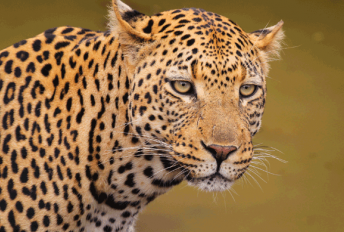
Posted on March 11, 2015
A few years ago, PhD candidate Lourens Swanepoel, under supervision of Prof Michael Somers and Dr Fredrik Dalerum of the Centre for Wildlife Management at UP, decided to look into the survival rates and causes of mortality of leopards in southern Africa.
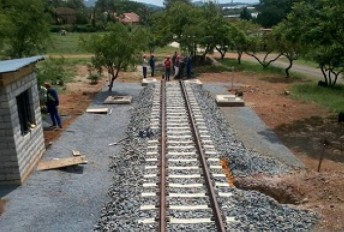
Posted on March 05, 2015
The South African government have announced that more than R300 billion will be invested in transport infrastructure over the next three years in an effort to reduce road deaths and traffic congestion, while also expanding the country’s cargo transport capabilities.
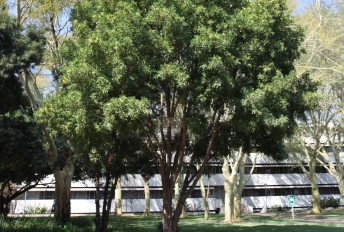
Posted on March 02, 2015
The recent UP discovery of a novel compound holds so much promise that some of the world’s leading scientists and pharmaceutical companies want to get involved in its future development.

Posted on February 27, 2015
In his article, Prof Maree explains that the world of work has undergone dramatic changes following the global economic meltdown and related developments over the past few decades.
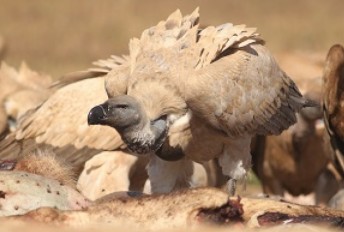
Posted on February 26, 2015
The sight of more than 200 vultures circling hundreds of metres up in the sky is a picture not many get to experience anymore. But not very long ago vultures flew freely in abundance.

Posted on February 23, 2015
Food with a low glycaemic index (GI) is generally considered healthier because it is digested at a slower rate than high GI food, thus providing sustained energy release. However, many people prefer high GI food such as cake because it simply tastes better.
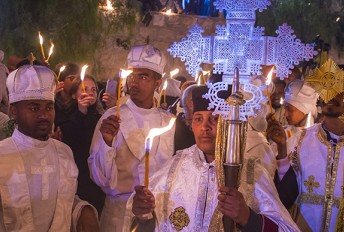
Posted on February 23, 2015
A research project on indigenous Christian elites in Asia and Africa is in the spotlight with a lecture series on the topic presented by Prof Koschorke, an eminent historian of world Christianity from LM University Munich and author of numerous scholarly publications.

Posted on February 20, 2015
In a first of its kind study in South Africa, Wendy Carvalho-Malekane, lecturer in the Department of Humanities Education, researched how young adults in post-apartheid South Africa construct an identity, with the emphasis on individuals with a biracial heritage.
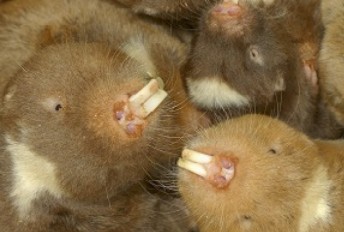
Posted on February 19, 2015
Few of us spend our days thinking about the forms of life that exist beneath us; even fewer imagine castles of clay and flourishing life in the soils below. Endemic to the soils of Africa is the fascinating small mammal known as the mole-rat that lives underground, excavating burrow systems that...
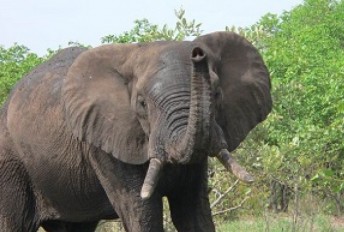
Posted on February 16, 2015
Dr Yolanda Pretorius of the Centre for Wildlife Management at the University of Pretoria (UP) has studied elephants for many years. She is an elephant specialist and the ideal person to consult with regard to elephant management.

Posted on January 22, 2015
In the developing world, many people are still debilitated by illnesses resulting from micronutrient deficiencies. Over 1.6 billion people worldwide suffer from anaemia, which is mainly due to iron deficiency.

Posted on January 07, 2015
Whilst South Africa has relied almost exclusively on coal from the Karoo Basin for its power needs for over a century, it has no known exploitable reserves of petroleum and very little natural gas.
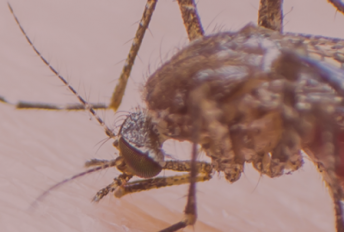
Posted on January 01, 2015
Malaria is a complex disease that has devastated Africa and parts of South Africa. Researchers at the University of Pretoria Institute for Sustainable Malaria Control are combining research disciplines to understand and control malaria.
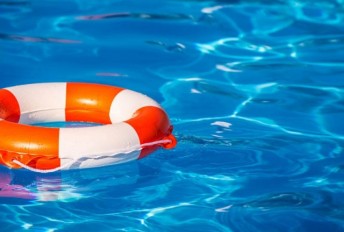
Posted on January 01, 2015
In South Africa drowning is one of the top five causes of unnatural death among children under 15 years of age and for every child that dies from drowning, five are left with permanent brain damage as a result of the prolonged lack of oxygen.
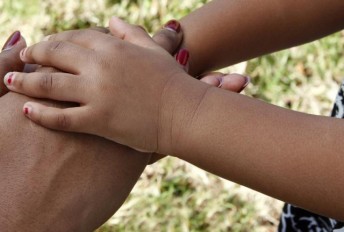
Posted on January 01, 2015
HIV in South Africa is a prominent health concern and it is believed that the country has more people living with HIV than any other country in the world.
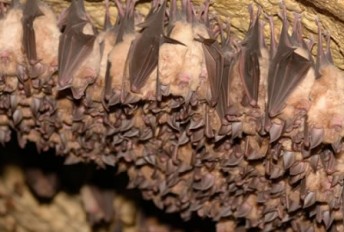
Posted on January 01, 2015
Almost three-quarters of emerging infectious diseases in humans come from animals (zoonotic). But did you know that we don’t know the origin of many them?
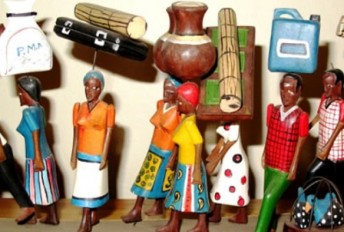
Posted on January 01, 2015
Did you know that legal migration from other Southern African Development Community (SADC) countries has increased almost tenfold since 1990 to over four million people per year? And that’s only individuals from the SADC who enter South Africa legally.

Posted on January 01, 2015
Energy is not only vital for production; it is also crucial for economic growth, development and good living standards, especially in sub-Saharan Africa.
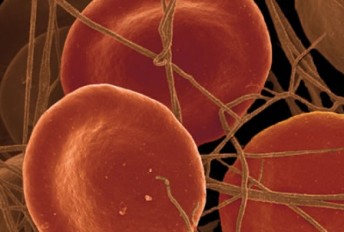
Posted on January 01, 2015
How can we improve diagnoses and treatment for a better outcome for patients, and really provide targeted care? It starts with putting blood under the magnifying glass.

Posted on January 01, 2015
With dwindling fossil fuel reserves, a global energy crisis is looming. It is estimated that current global oil reserves will only last another 53 years, while coal and natural gas reserves will only stretch to another 109 and 56 years, respectively.
Copyright © University of Pretoria 2025. All rights reserved.
Get Social With Us
Download the UP Mobile App